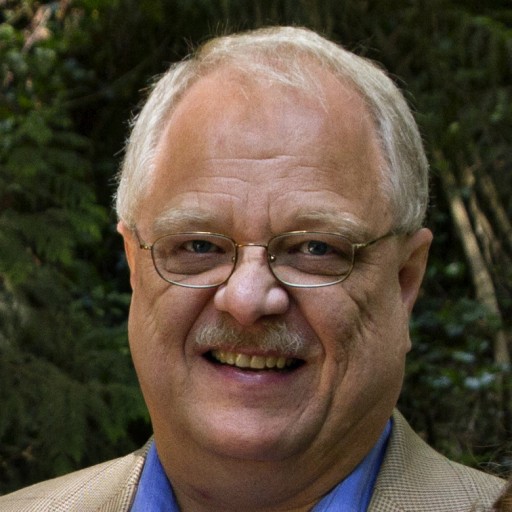Immigration Reform Begins with Hospitality
The politics surrounding immigration reform seem to have reached a tipping point. Polls indicate that a growing number of citizens support reform. Roger McCrummen, immigration attorney in North Kansas City, traveled to Washington, D.C., last month to participate in the American Immigration Lawyer’s Association efforts to influence comprehensive immigration reform. He reported a welcome from members of Congress this year different from the response to previous visits.
One change in the recent discussion about immigration reform has been the voice of evangelical Christians. Researchers indicate that in past attempts, many evangelicals have not supported immigration policy change. This time, however, leaders organized the Evangelical Immigration Table to speak in favor of reform. The 40-day “I Was a Stranger” program guided countless congregations and individuals through biblical passages about immigrants.
Multiple media outlets in recent weeks have reported on the involvement of evangelical Christians in the immigration reform process. Pastors have talked to reporters about families from their congregations who faced deportation. No longer an abstract ideology, these pastors see a human face. They know the people and their stories.
Church members described encounters with immigrants. Volunteers talked about how their perceptions changed after volunteering with English programs and after-school tutoring.
These testimonials suggest that hospitality formed the first step in bringing immigration reform to a tipping point in the political process. Nurturing a relationship with an immigrant changed the balance.
I experienced the joy of getting to know our new neighbors when I served with an English program sponsored by a church. In more than four years we met people from 31 countries. On Thursday evenings we talked and laughed like friends do.
Over time I began to see a common thread in the stories I heard: isolation. Some were isolated because of fear. All who came to us for help with English were isolated because of language.
One woman said that in the office where she worked she was the last to understand a joke. Laughter subsided before she figured out the punch line. One medical researcher came to classes to sharpen his English skills before presenting a paper at a medical conference. He wanted to fully engage with his peers in the scholarly community.
I’ll never forget the anguish of a mother with limited English ability as she talked about how much she wanted to be involved in her teenage daughter’s life. The daughter, however, had limited skill with Spanish. Neither spoke the other’s heart language. They suffered isolation within one home.
On another night the only students in one class were two mothers of three-year-olds. These mothers asked the teacher question after question about childrearing. The teacher quickly realized that these women came from cultures where grandmothers and aunts taught parenting skills to a young mother. These mothers in a new cultural context longed for someone to come alongside of them.
One root word gave us hospital, hospice, hotel, and hospitality. Looking at that list, one might think that professionals have the most responsibility with hospitality. The basic concept of hospitality, however, is to make room for another person. In society every person must be hospitable, not just medical personnel or those in the service industry. Christians these days are remembering that hospitality includes the strangers around them, not just their family and friends.
Since hospitality has led to a tipping point in the public discourse on immigration reform, I wonder if there might be other challenging social issues that could be addressed by making space for one another. Hospitality may be a key to working together for the common good.
An edited version of this article appeared in the Kansas City Star Midwest Voices column, May 4, 2013.

